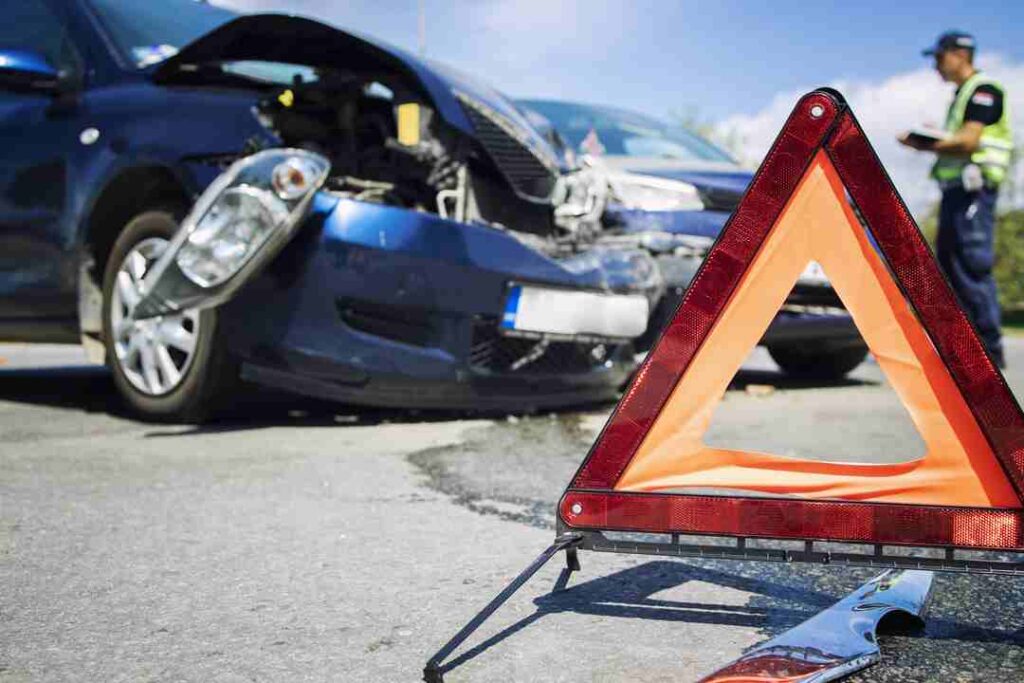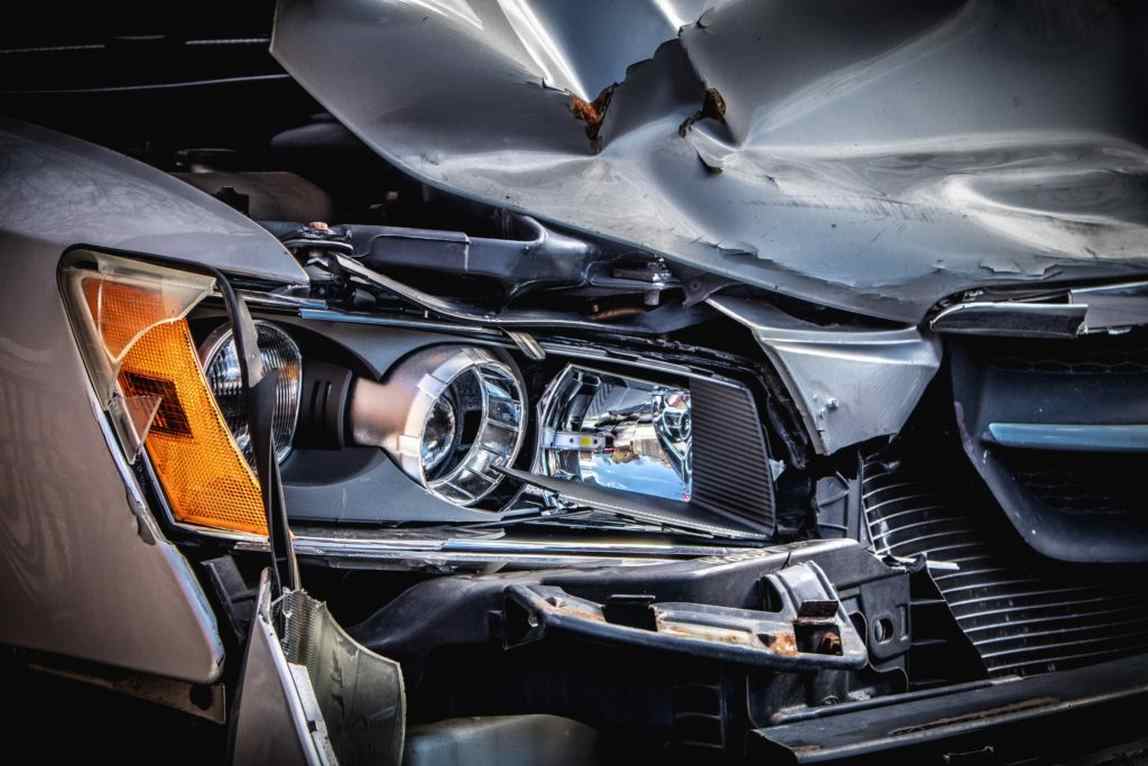Navigating the world of vehicle titles can be daunting, especially when terms like “salvage” and “rebuilt” come into play. These designations carry significant implications for the value, safety, and insurability of a vehicle. Whether you’re buying, selling, or insuring a car, understanding these differences is crucial for making informed decisions.

Understanding Vehicle Titles
What is a Vehicle Title?
A vehicle title is a legal document that establishes ownership of a vehicle. It includes critical information such as the vehicle identification number (VIN), the make and model, and the owner’s details. This document is essential for proving legal ownership and transferring ownership when the vehicle is sold.
The Importance of Vehicle Titles in Ownership
Vehicle titles are not just pieces of paper; they are pivotal in ensuring the lawful ownership of a vehicle. They protect against theft, fraud, and disputes over ownership. Without a title, you cannot register, sell, or insure your vehicle, making it an indispensable document for any car owner.
Common Types of Vehicle Titles
There are several types of vehicle titles, each indicating a different status of the vehicle. The most common are clear or clean titles, which signify that the vehicle has no significant damage or issues. Other types include salvage titles, rebuilt titles, and junk titles, each reflecting the vehicle’s condition and history.Rebuilt Title vs. Salvage Title: The Key Differences

Defining Salvage Title
What is a Salvage Title?
A salvage title is issued to a vehicle that has been deemed a total loss by an insurance company. This designation is typically given when the cost to repair the vehicle exceeds its market value. Salvage titles indicate that the vehicle has sustained significant damage, whether from an accident, flood, fire, or other catastrophic events.
How Vehicles Get a Salvage Title
Vehicles receive a salvage title when an insurance company declares them a total loss. This can happen for various reasons, including severe accidents, natural disasters, or theft recoveries. Once a vehicle is deemed unrepairable or too costly to fix, it is issued a salvage title and often sold at auction to salvage yards or individuals looking to rebuild it.
Pros and Cons of Buying a Salvage Title Vehicle
Pros:
- Cost Savings: Salvage title vehicles are typically sold at a significant discount compared to their clean title counterparts.
- Potential for Restoration: If you’re handy with repairs, you can restore a salvage vehicle to a functional state at a lower cost.
Cons:
- Hidden Damage: Even after repairs, there may be underlying issues that are not immediately apparent.
- Insurance Challenges: Insuring a salvage title vehicle can be difficult and expensive, as many insurers are reluctant to provide comprehensive coverage.
- Resale Value: Salvage title vehicles often have lower resale values and may be harder to sell in the future.

Defining Rebuilt Title
What is a Rebuilt Title?
A rebuilt title is assigned to a vehicle that was previously issued a salvage title but has since been repaired and inspected to ensure it meets safety and operational standards. This title indicates that the vehicle is now roadworthy and can be legally driven and insured.
Process of Converting Salvage to Rebuilt Title
Converting a salvage title to a rebuilt title involves extensive repairs and a thorough inspection. The process typically includes:
- Acquiring the Salvage Vehicle: Purchase the vehicle from an auction or previous owner.
- Repairing the Vehicle: Perform all necessary repairs to restore the vehicle to a safe and operable condition.
- Inspection: Submit the vehicle for a detailed inspection by a state-authorized agency to verify that all repairs meet safety standards.
- Title Application: Apply for a rebuilt title once the vehicle passes inspection.
Pros and Cons of Buying a Rebuilt Title Vehicle
Pros:
- Lower Cost: Rebuilt title vehicles are generally cheaper than those with clean titles.
- Functionality: These vehicles have been repaired and certified as roadworthy.
Cons:
- Insurance Difficulties: Insuring rebuilt title vehicles can still be more complex than insuring clean title vehicles.
- Potential Hidden Issues: Even with thorough inspections, some problems may not be immediately detectable.
- Resale Challenges: Rebuilt title vehicles may still carry a stigma, affecting their resale value.
Key Differences Between Salvage and Rebuilt Titles
Salvage Title vs. Rebuilt Title: Legal Definitions
Salvage titles indicate a vehicle deemed a total loss and unfit for road use without significant repairs. Rebuilt titles, on the other hand, signify that the vehicle has been repaired and passed inspections to be deemed roadworthy again.
Inspection Requirements for Rebuilt Titles
For a vehicle to obtain a rebuilt title, it must undergo a rigorous inspection process. This includes verifying that all repairs meet safety and operational standards and that the vehicle is free of any structural issues that could compromise its integrity.
Market Value Comparison: Salvage vs. Rebuilt
Vehicles with salvage titles generally have the lowest market value due to their damaged status. Rebuilt title vehicles, while still discounted compared to clean title vehicles, have a higher market value than salvage vehicles due to their roadworthy condition.
Insurance Considerations for Salvage and Rebuilt Titles
Insuring a salvage title vehicle is challenging, as many insurers are hesitant to offer coverage beyond basic liability. Rebuilt title vehicles, while easier to insure than salvage vehicles, may still face higher premiums and limited coverage options compared to clean title vehicles.
Resale Value: Salvage Title vs. Rebuilt Title
Salvage title vehicles typically have poor resale value and are difficult to sell. Rebuilt title vehicles, while having better resale potential than salvage vehicles, still face challenges in the market due to their history.
Pros and Cons Analysis
Advantages of Buying a Salvage Title Vehicle
- Cost Savings: Significant discounts compared to clean title vehicles.
- Restoration Potential: Ideal for those skilled in automotive repairs.
Disadvantages of Buying a Salvage Title Vehicle
- Hidden Damage: Potential for unseen issues.
- Insurance and Resale Challenges: Difficult to insure and resell.
Advantages of Buying a Rebuilt Title Vehicle
- Affordability: Lower cost than clean title vehicles.
- Roadworthiness: Certified as safe and operational.
Disadvantages of Buying a Rebuilt Title Vehicle
- Insurance Hurdles: More complex insurance process.
- Resale Value: Lower resale value than clean title vehicles.
Risk Assessment
Assessing the Risk: Salvage Titles
Salvage title vehicles carry significant risks due to their damaged history. Potential buyers must be cautious of hidden damage and the challenges of insuring and reselling these vehicles.
Assessing the Risk: Rebuilt Titles
Rebuilt title vehicles, while less risky than salvage vehicles, still present potential issues. Buyers should ensure thorough inspections and be aware of possible higher insurance premiums and lower resale values.
Buyer Beware: Common Scams and How to Avoid Them
Scams involving salvage and rebuilt title vehicles are prevalent. Buyers should watch for:
- Title Washing: Illegally removing the salvage title designation.
- Inadequate Repairs: Subpar repairs that don’t meet safety standards.
- Misrepresented History: Sellers not disclosing the vehicle’s full history.
Making an Informed Decision
Steps to Verify a Salvage or Rebuilt Title
- Check the VIN: Verify the vehicle’s history using its VIN.
- Request Documentation: Ask for repair and inspection records.
- Conduct a Thorough Inspection: Have a trusted mechanic inspect the vehicle.
Questions to Ask Before Purchasing
- What caused the salvage title designation?
- What repairs were made?
- Can you provide inspection and repair documentation?
Resources for Further Information
- DMV Websites: State-specific information on titles and inspections.
- Vehicle History Reports: Services like Carfax or AutoCheck.
- Professional Inspectors: Certified mechanics or inspection services.
BOTTOM LINE
Final Thoughts on Salvage vs. Rebuilt Titles
Understanding the nuances between salvage and rebuilt titles is crucial for any potential buyer. While both offer cost savings, they come with unique challenges and risks.
Recommendations for Potential Buyers
- Conduct thorough research.
- Verify the vehicle’s history.
- Consider future insurance and resale implications.
Frequently Asked Questions
Can a Salvage Title be Changed to a Rebuilt Title?
Yes, a salvage title can be changed to a rebuilt title after the vehicle undergoes necessary repairs and passes state inspections.
Is it Worth Buying a Car with a Salvage or Rebuilt Title?
It depends on your needs and risk tolerance. Salvage and rebuilt title vehicles can offer savings but come with potential challenges.
How Do Salvage and Rebuilt Titles Affect Car Insurance?
Salvage title vehicles are harder to insure and may only qualify for liability coverage. Rebuilt title vehicles are easier to insure but may still face higher premiums and limited coverage options compared to clean title vehicles.
What is the difference between a salvage title and a rebuilt title in NC?
In North Carolina, a salvage title is issued for vehicles that have been declared a total loss by an insurance company due to significant damage, making them unsafe to drive. These vehicles cannot be legally driven until they are repaired. A rebuilt title, on the other hand, is given to a vehicle that was previously issued a salvage title but has been repaired and passed a state inspection, deeming it roadworthy again (NCDOJ) (Robinson and Stith).
How to get a rebuilt title in Nebraska?
To obtain a rebuilt title in Nebraska, follow these steps:
- Acquire the Salvage Title: Purchase the vehicle and obtain the salvage title.
- Repair the Vehicle: Complete all necessary repairs to restore the vehicle to a safe, roadworthy condition.
- Vehicle Inspection: Submit the vehicle for a rebuilt salvage vehicle inspection by a Nebraska Department of Motor Vehicles (DMV) approved inspector.
- Submit Paperwork: Provide proof of repairs, salvage title, and the inspection certificate to the DMV.
- Apply for Rebuilt Title: Apply for a rebuilt title at the DMV with the required documentation and fees.
What is another name for a salvage title?
Another name for a salvage title is a branded title. This term indicates that the vehicle has a history of significant damage and has been declared a total loss by an insurance company (Robinson and Stith).
Can you register a car with a rebuilt title in Texas?
Yes, you can register a car with a rebuilt title in Texas. Once the vehicle has been repaired and passed the required state inspections, it can be registered just like any other vehicle (NCDOJ).
Can I drive a salvage title car in Texas?
No, you cannot drive a car with a salvage title in Texas until it has been repaired and passed the necessary inspections to obtain a rebuilt title. Only then can it be legally driven on the road (NCDOJ).
Does California have a rebuilt title?
Yes, California does issue rebuilt titles for vehicles that have been previously given salvage titles. After a vehicle has been repaired and passes a state inspection, it can receive a rebuilt title, indicating it is safe to drive again (Robinson and Stith).
How much does it cost to transfer a rebuilt title in Texas?
The cost to transfer a rebuilt title in Texas includes several fees such as the title application fee, sales tax, and registration fees. The exact amount can vary, so it is advisable to check with the Texas DMV for the current fee schedule (NCDOJ).
How to get a rebuilt title in Colorado?
To obtain a rebuilt title in Colorado:
- Acquire the Salvage Title: Obtain the vehicle and its salvage title.
- Repair the Vehicle: Perform all necessary repairs.
- Inspection: Schedule and pass a salvage vehicle inspection with the Colorado State Patrol.
- Documentation: Gather all required documentation including proof of repairs and inspection.
- Application: Submit an application for a rebuilt title to the Colorado DMV with all necessary paperwork and fees.
What does a green title mean in Texas?
In Texas, a green title typically refers to a clean title, indicating that the vehicle has not been significantly damaged and does not have any major issues affecting its safety or value (NCDOJ).
Can I drive a salvage title car in PA?
No, you cannot drive a salvage title car in Pennsylvania. The vehicle must be repaired and pass a state inspection to obtain a reconstructed (rebuilt) title before it can be legally driven (NCDOJ) (Robinson and Stith).
Can you insure a car with an R title in PA?
Yes, you can insure a car with an R title (reconstructed title) in Pennsylvania. However, insurance options may be limited and premiums could be higher compared to vehicles with clean titles (Robinson and Stith).
What does R stand for in title?
In the context of vehicle titles, R stands for Reconstructed. This indicates that the vehicle was previously deemed a total loss but has been repaired and passed inspections to be roadworthy again (Robinson and Stith).
Can you register a reconstructed title in NY?
Yes, you can register a vehicle with a reconstructed title in New York. The vehicle must be repaired and pass a salvage vehicle examination by the New York Department of Motor Vehicles before it can be registered (NCDOJ) (Robinson and Stith).









